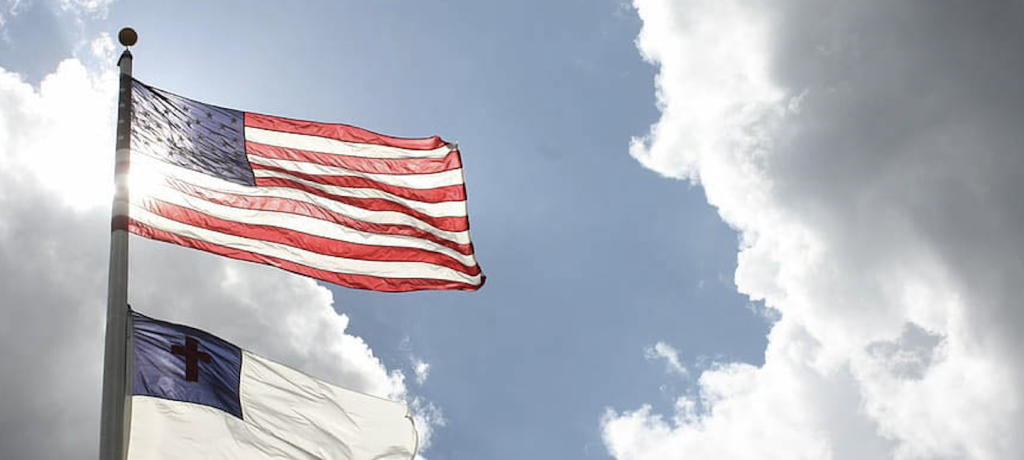Religion is a deep and personal matter. It’s meant to create and form a person’s identity, life, worldview and more.
In some countries, religion plays an important role on all levels — politically, economically and socially. Some have even gone so far as to declare a national religion. According to Pew Research Center, over 40 countries have official national religions, with Islam as the most common. The parts of the world that have picked a religion chose Christianity when the study was being performed because they related with it the most, according to Britannica. But is this something that countries should be doing?
On one hand, having a national religion could potentially unite a country’s people and provide a sense of community, shared values and thoughts. By declaring a national religion, a country could make its core beliefs, values and morals clear to the rest of the world. This could help create a sense of identity, belonging and pride among its citizens. Good examples of this are Israel, which has declared its national religion to be Judaism, and Afghanistan, which has chosen Islam.
The territory of Puerto Rico became predominantly Catholic after being conquered by Spain. Despite the United States acquiring the territory in a war, it stayed Catholic because Juan Ponce De Leon had built churches for the Indians and Spaniards in Puerto Rico to attend. To this day, according to the CIA World Factbook, the territory is still 56% Roman Catholic, and it has stayed united throughout the past two centuries.
However, there are also many reasons why having a national religion could be problematic to an extent. For one thing, it could be seen as an exclusionary declaration for those in minority groups or those who do not share the same beliefs as the majority. It could also lead to religious discrimination or persecution of those who do not conform to the national religion.
They could be marginalized, punished or, in some cases, executed. We are lucky to live in a country that still allows free speech and freedom of religion, but it is not that hard to find videos on YouTube about radical groups executing and punishing Christians or Muslims for not sharing the same religion the country itself practices.
The Council of Foreign Relations has identified Xinjiang to be the center of concentration camps in China that are specifically dedicated to incarcerating Muslims. China has come out and said that these are not concentration camps. It personally calls them “training centers” operated by the Chinese Communist Party.
Moreover, the idea of a national religion goes against the principle of separation of church and state, which is a fundamental aspect of many democratic and free countries. When a government declares a national religion, it effectively gives that religion a prioritized position over others and declares what the majority of the country believes in. No one should be beheaded or placed in concentration camps because what they choose to believe is different than the governing state.
Diaz is an opinion writer for the Liberty Champion. Follow him on Twitter
